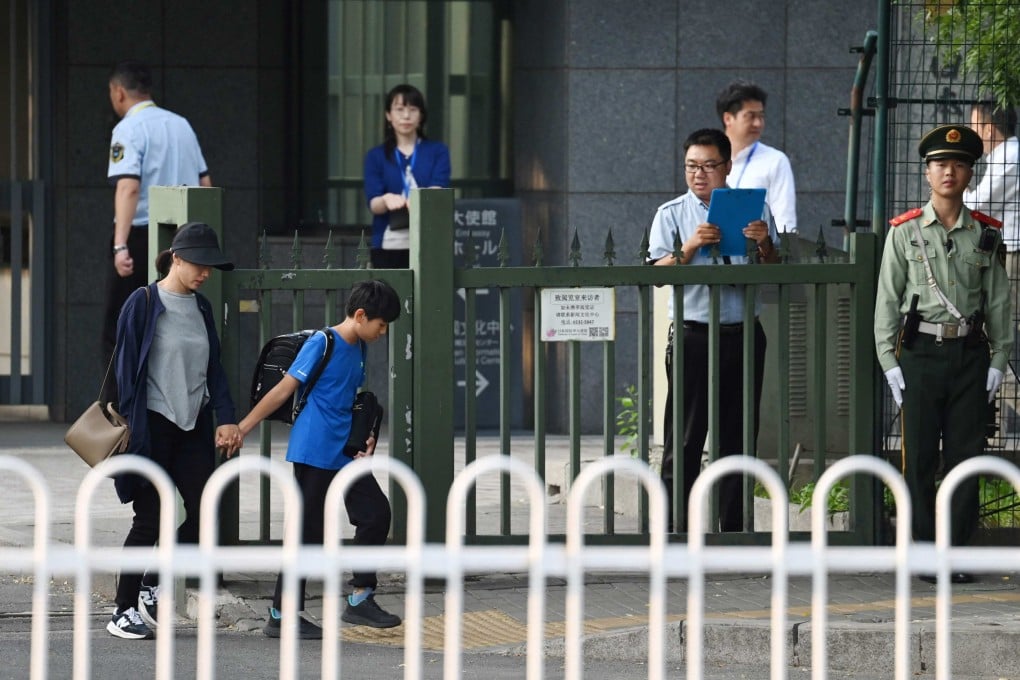Opinion | Don’t hate people for their political leaders’ wars and crimes
It is the leaders, not the regular people, who use the military might of nations to invade other countries and oppress other peoples

We sorely need to learn from history. Although wars in the past led to conquests, expansion of political power, exploitation of resources and peoples, and colonisation of faraway lands, civilisation has advanced. In the 21st century, gross injustices and blatant violations of human rights will not be tolerated.
It is interesting to note that, historically, expansionist empires are not the most long-lived. In the 19th century, the British empire was hailed as “the empire on which the sun never sets”. Over the following two centuries, however, Britain would lose virtually all its colonies and it is now struggling to maintain its international influence.
The Mongol empire, at its peak, covered some 9 million square miles (23 million square km) of territory, but in China, its Yuan dynasty lasted less than 100 years.
The Napoleonic empire was quite successful for a while and dominated much of Europe. Yet Napoleon Bonaparte held on for barely 10 years after he was crowned French emperor in 1804.

